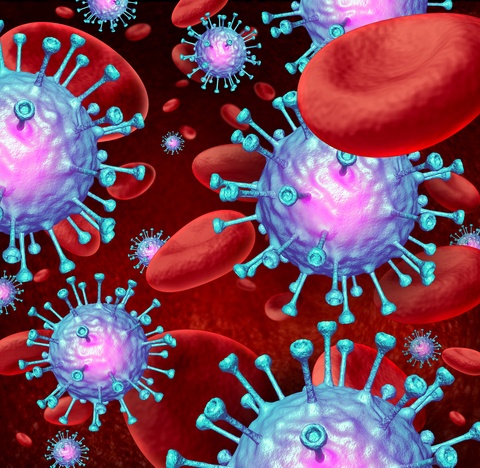The Power of Immune Cells: Understanding Mesothelioma’s Microenvironment
In a recent study, researchers looked at how the body’s immune system responds to pleural mesothelioma, a type of lung…
Emerging treatments & clinical trials based on how immune systems affect the development of mesothelioma cell types. Get up to date analysis.









